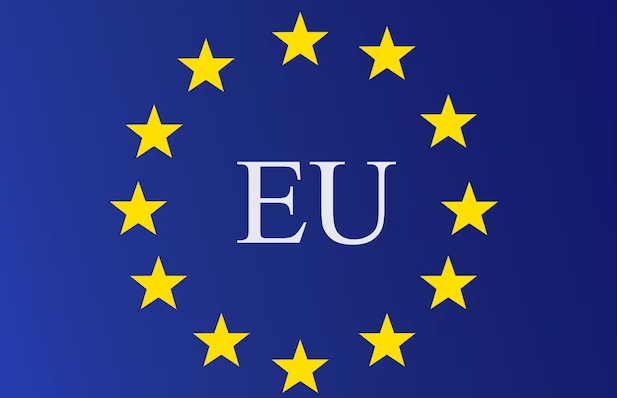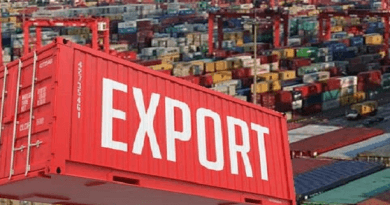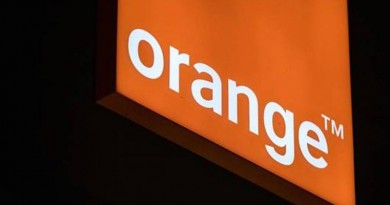Expanding the EU will cost existing members more than €250bn – Lisa O’Carroll
According to internal calculations, growing the EU to include nine additional nations, including Ukraine, would cost the current members more than €256 billion (£220 billion). Many nations that currently receive net financial benefits from the EU would transition into net contributors as a result of this.
As 51 European leaders arrive in Granada, Spain, for a meeting of the European Political Community and to debate the next steps for the nine neighbors who are waiting in line to join the EU, the enormous cost of enlargement has been made public.
According to the memo from the EU council secretariat that was leaked to the Financial Times, “all member states will have to pay more to and receive less from the EU budget; many member states that are currently net contributors will become net contributors.”
According to the report, Ukraine, which is by far the largest of the nine nations accepted as potential candidates, would be eligible for €186bn over a seven-year period. This would be in addition to the World Bank’s earlier, lower projections, which placed the cost of rebuilding Ukraine at approximately €400 billion this year.
The leaders of the EU met on Friday to discuss how to direct the debate that will follow on important topics like the budget, the number of seats in the European Parliament, the future of the common agricultural policy, and whether an expanded bloc could continue with unanimous voting in some areas. Enlargement has now become one of the most urgent topics for the EU.
The question of whether the EU should proceed with a two-speed procedure, allowing member states to join the union gradually, or whether it should be all or nothing is also up for discussion.
The senior diplomat of the EU stated earlier this week that he disagreed with those who supported a phased membership process, claiming it would be impossible to put into practice. A member is a member. At a gathering in Ukraine, he declared, “Full stop.
A senior diplomat told the Guardian that by 2027, when the next financial cycle would start, the budget was projected to be the most divisive issue. The EU could then demonstrate its readiness, eliminating any justification for delaying further discussions about whether and when Ukraine, Moldova, and the western Balkan states may join.
The deadline should be 2030, according to Charles Michel, president of the European Council, but the diplomatic source said that was “random” and made no sense. A goal date of 2027, they claimed, would focus the attention of EU leaders over the following two years and offer a framework for a practical discussion as opposed to a theoretical one.
According to the leaked plan, if all nine countries joined, the budget would rise by 21% to €1.47 trillion. The Netherlands, Germany, and France would all need to contribute significantly more, and there would need to be transitional periods before the financing could be scaled up.
With Ukraine entitled to €95 billion over seven years, the amount spent on agriculture would also change, adding to the costs that member states would have to take into account. Ukraine has maintained that the EU’s food security would be improved by its admission because it is a global leader in the grain, sunflower oil, and chicken markets.
Enlargement would also have a big impact on the cohesion fund, a crucial fund that provides funding for infrastructure in underdeveloped nations. The Czech Republic, Estonia, Slovenia, Cyprus, Malta, and Lithuania would no longer be eligible for the funding under the existing financial criteria.
Ursula von der Leyen, president of the European Commission, stated last month that the EU must get started on the drastic adjustments needed for Ukraine and other nations to join the union.
There are worries that while the EU has outlined reform objectives for Ukraine, Moldova, and the seven other nations waiting in line to join the union, it has not yet offered comprehensive suggestions on the adjustments required in member states. SOURCE: TheGuardian – Lisa O’Carroll in Brussels, @lisaocarroll




